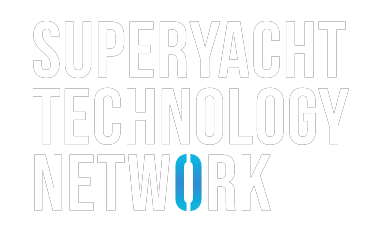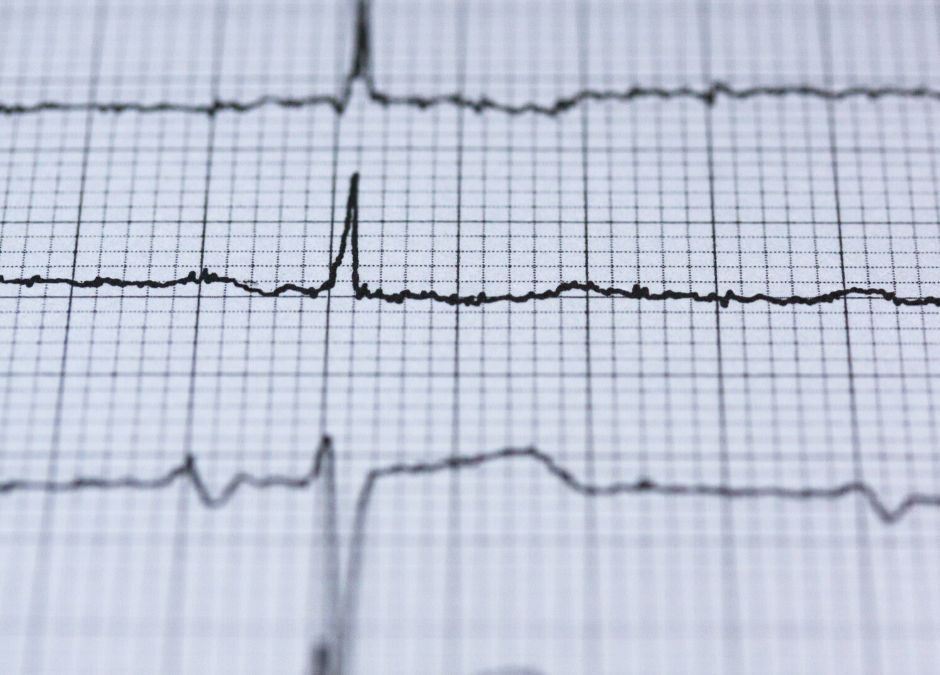Imagine any situation when a medical emergency occurs, stress levels are high and often specialist medical assistance is required. Imagine that situation out at sea. The proximity of the yacht from land whether on the move or at anchor can make any situation more complicated and much more stressful.
Although, of course, the crew is trained in first aid, further medical care may be required and quick diagnostics are usually needed as soon as possible. There are a number of excellent companies that work within the superyacht industry offering remote medical assistance and diagnostics.
What should superyachts be equipped with onboard?
All superyachts are well equipped and crew (particularly on charter yachts) are trained to handle medical emergencies and report back on the vital points in order to get full aid as quickly as possible. Superyachts are generally equipped with sophisticated medical kits that often include oxygen tanks, defibrillators, specialised medications, and intravenous fluids.
Essential kit to have onboard is something that can provide you with clear and logical, easy to follow guidance, particularly when it comes to measuring vital signs on the patient. In order to report back either personally to an on-shore doctor, or remotely transmitted to medical experts in real–time. Basic first aid monitoring would need to include blood pressure cuffs, pulse measuring tools, cannulas for respiratory and breathing issues and potentially ECG electrodes and readers.
Many charter yachts subscribe to a remote medical service, these are generally a dedicated provider that links the yacht directly with an ER doctor via a satellite telephone. More often than not these services also equip the yacht with a comprehensive basic medical kit that needs to be replenished as soon as any item is used, to ensure that all equipment is on board for all eventualities.
Maritime Labour Convention 2006
As yachts grow in size they are bound by more and more safety and medical regulations. According to the Maritime Labour Convention of 2006, any vessels carrying 13 or more crew must have a dedicated medical space onboard. Space is always limited on-board, hopefully, this is space that will never be needed, but it is legally required all the same.
UK Maritime and Coastguard Agency
Yachts requirements are governed by their flag state, however, as an indication, the UK Maritime and Coastguard Agency (MCA) highlights three categories of medical kit for commercial vessels.
The inshore first aid kit (MCA Category C) is intended for small boats undertaking inshore boating, no further than 60 nautical miles from shore, or six hours from medical care. These kits generally include plasters, dressings and bandages and basic medications like paracetamol.
The coastal first aid kit (MCA Category B) is required for boats staying within 150 nautical miles of the coast, or 12 to 24 hours from medical care, allowing the crew to take care of most minor medical scenarios on board before help arrives. Category-B kits will include additional tools for resuscitation, allergies, and digestive issues.
The offshore and ocean first aid kit (MCA Category A) has to comply with MSN 1768 requirements if it is likely to operate 150 nautical miles offshore or more. Read here to find out more about the MSN 1768.
Confidentiality of passengers
Confidentiality of yacht passengers is paramount, never more so than when it comes to matters of a medical nature. Owners, guests, and crew often require even more integrity than normal when they are in a situation of distress amongst a medical emergency.
Communications
A yachts communication must be excellently working at all times to be ready to encounter any medical emergency.
There are multiple medical diagnostic communication options on the market, but the Tempus IC2 looks particularly useful to mobile superyacht crew, find out more here.
A connection can be made quickly with a medical response centre and medical data, images, and video can be securely transmitted in real–time directly through the Tempus IC2 via Wi-Fi, Ethernet, Serial, SATCOM, and Cell Phones.
Other useful kits are the MedAire Global MedKit and the MSOS Medical Kit who supply medical kits that comply with licensing authorities globally.
STCW superyacht medical training
In order to ensure the safest travel for your owners, guests, and crew you should ensure that STCW training courses are completed and regularly updated. These include elementary first aid, proficiency first aid, and proficiency in medical care. A company like MSOS can also provide specialist courses on cardiopulmonary resuscitation as well as training on the use of oxygen and defibrillators.
To find out more view https://www.msos.org.uk/
This article and many more are available to read on the Superyacht Technology Winter Blueprint here.



